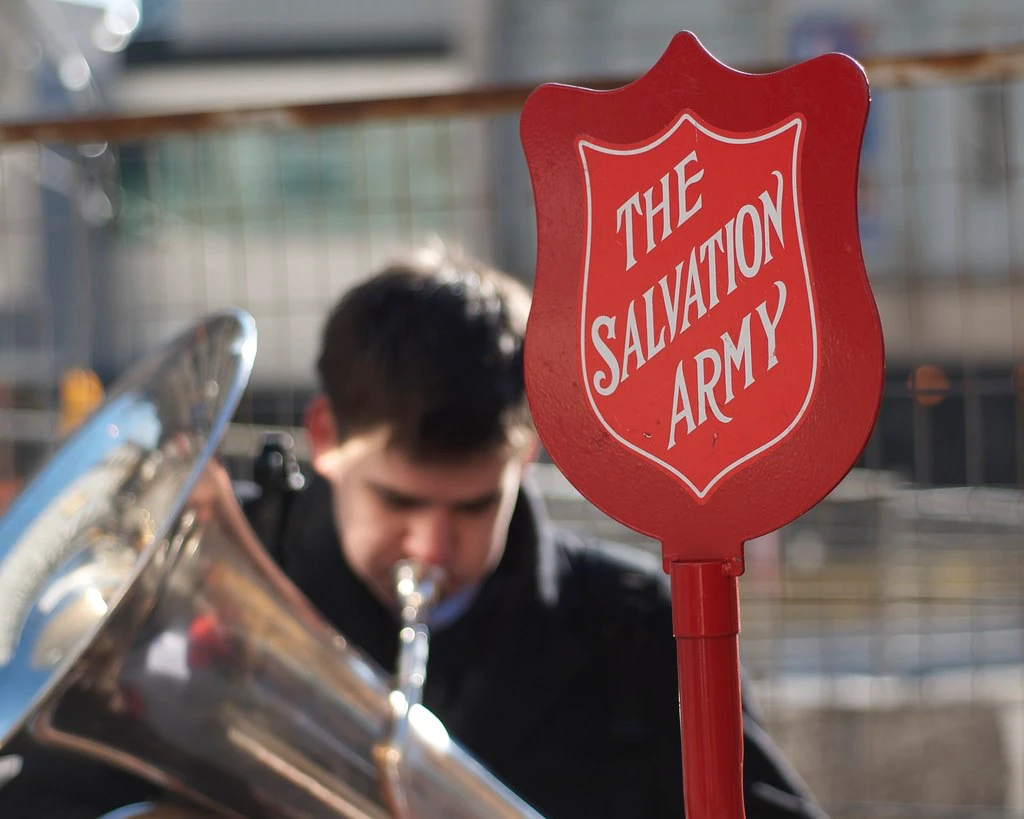In today’s society, many charitable organizations work tirelessly to make a positive difference in the lives of those in need. One such organization is The Salvation Army, which has a rich history and continues to impact society. This article aims to take a curious dive into the history of The Salvation Army, explore its remarkable societal impact, and shed light on its present status.
Historical Origins
The origins of The Salvation Army can be traced back to 1865, in the bustling streets of London, England. It began with the visionary leadership of William and Catherine Booth, who sought to bring spiritual support and social relief to the most marginalized and disadvantaged members of society. Inspired by their deep Christian faith, the Booths embarked on a mission to combat alcoholism, poverty, and other social ills plaguing Victorian England.
Early Impact on Society
The early efforts of The Salvation Army focused on practical solutions, offering food, shelter, and spiritual guidance to the destitute. They established “soup kitchens” and “rescue homes,” providing relief to those society had all but forgotten. Through their unique approach, combining evangelism and social service, The Salvation Army offered not just physical support, but a message of hope to the downtrodden.
Throughout the late 19th and early 20th centuries, The Salvation Army expanded its operations across the globe, reaching countries far beyond its European roots. This expansion allowed the organization to leave an indelible impact on society. From aiding victims during World War I and II to responding to natural disasters and providing support for marginalized communities, The Salvation Army fostered a legacy of selfless service and compassion.
Evolution and Challenges
As societal needs evolved, The Salvation Army adapted its programs to address new challenges. They expanded their services to combat drug addiction, provide assistance to the people experiencing homelessness, support victims of human trafficking, and empower women. This evolution showcases the organization’s dedication to meeting the changing needs of individuals and communities.
However, The Salvation Army has not been without challenges. Critics have at times questioned elements of its Christian approach, and controversies have arisen in certain regions or periods. As with any large organization, mistakes and missteps have occurred. Yet, it is important to recognize that these instances are the exception rather than the rule. The Salvation Army’s global presence and positive impact far outweigh any isolated issues.
Current Status and Ongoing Work
In the present day, The Salvation Army remains active in over 130 countries, striving to put its mission into action. Its programs encompass a wide range of initiatives, including disaster relief efforts, addiction rehabilitation centers, educational programs, and social justice advocacy. The organization continues to adapt to address emerging social issues such as poverty, homelessness, inequality, and the impact of COVID-19.
Moreover, The Salvation Army is driven by its commitment to serving all people without discrimination. Regardless of race, religion, gender, or sexual orientation, the organization seeks to provide support and assistance to anyone in need, embodying the Christian principles of love, compassion, and equality.
The Salvation Army Indelible Mark on Society
The Salvation Army’s history stands as a testament to the transformative power of faith-driven compassion and practical action. From its humble beginnings in London to its global reach today, this remarkable organization has left an indelible mark on society. Despite the challenges it has faced, the commitment it shows to serving others and its ability to adapt to changing needs have enabled it to positively impact countless lives.
As we reflect on the legacy of The Salvation Army, we are encouraged to engage curiously with the work of charitable organizations and consider our own contributions to creating a more compassionate and just society.
